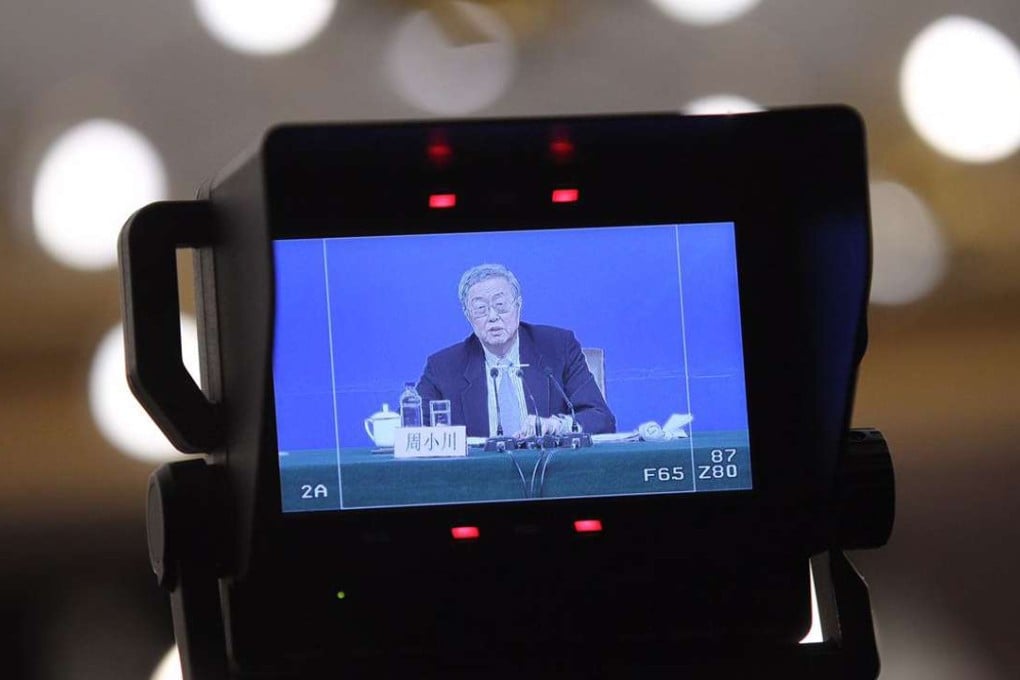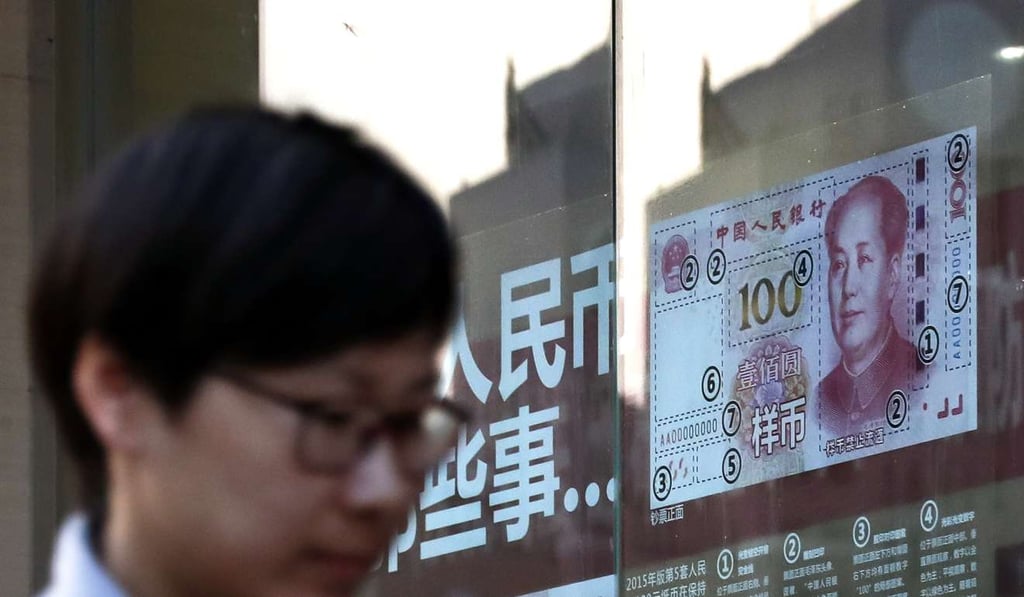Advertisement
The yuan’s stable, fintech’s our future and stop overreacting over fall in foreign reserves, says China’s central bank chief
Reading Time:4 minutes
Why you can trust SCMP

China’s central bank chief and other top People’s Bank of China officials held a press conference on Friday on the sidelines of the country’s annual plenary meetings.
Zhou Xiaochuan and his colleagues discussed a wide range of economic and financial issues.
We’ve summed up what they had to say about China’s yuan exchange rate, its dwindling foreign reserves and the future of digital currency, among other topics.
Advertisement

Reassurance on the renminbi
Advertisement
The central banker struck a reassuring note during the press conference on Friday morning, saying that the yuan had no basis for sustained depreciation.
“The yuan’s exchange rate will be relatively stable,” Zhou said, citing “healthy economic growth” and a “stable financial market” as reasons.
Advertisement
Select Voice
Select Speed
1.00x